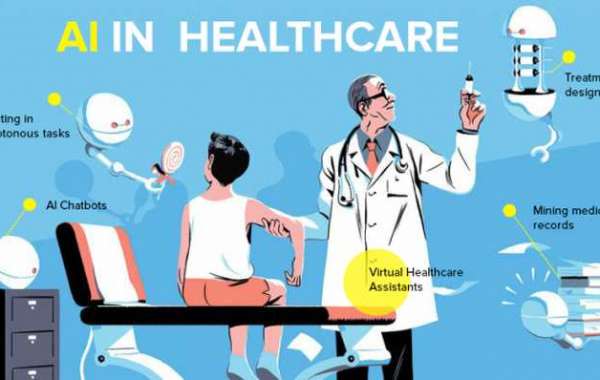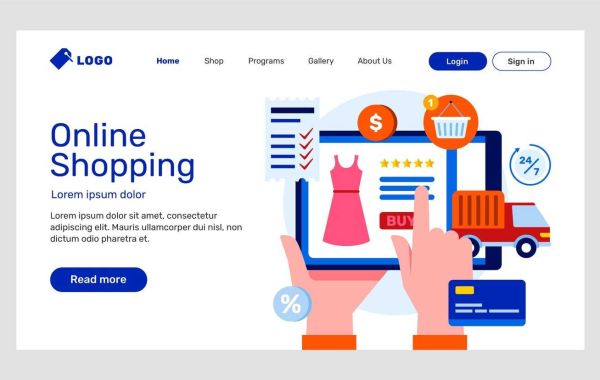Clinical intelligence, also known as clinical data analytics or healthcare analytics is a combination of technologies that include the use of data analytics to improve healthcare. The data is collected in the information system at the time of care delivery and then evaluated to regulate the performance indicators that affect the production of a health organization. The increasing importance of software solutions for processing insurance claims and detecting fraud is driving new developments in healthcare analytics.
One thing is certain: big data - large amounts of data that can be generated in a very short time from many different sources - can be very valuable if it is processed and analyzed correctly. And one of the areas where we should all be directly aware of its effects is in healthcare. Healthcare analytics is comprehensive and makes up an increasingly large part of our data-driven economy.
Our doctors can receive information from a number of sources to help us treat ourselves faster and maintain optimum health and provide the right treatment for every conceivable condition. At the same time, the analysis of large clinical data sets will lead to the optimization of the clinical effect and cost-effectiveness of new drugs and treatment methods. When it comes to health, there is no shortage of data, on the contrary: we are accumulating record-breaking health information. However, these are not necessarily ordered and therefore not necessarily useful.
Research shows that 80% of health data is unstructured and stored in hundreds of forms, such as laboratory results, images, and medical logs. The sheer size of this mountain of data requires powerful big data analysis systems to master it, as well as in-depth learning skills to generate useful insights. With this in mind, technology pioneers are using artificial intelligence to use big data analytics in the field of digital health.
Big changes are beginning to emerge in drug development. The data specialist wants to make research with big data and AI much faster and more efficient. The comprehensive, data-based integration of biological knowledge means that pharmaceutical research, diagnosis and therapy, and ultimately the healthcare system as a whole, are facing major changes.
Diagnoses become more precise, treatments more successful, fewer side effects and drug development more productive and successful. strongly parallelize the development steps, integrate knowledge beyond the process sections, select drug candidates and patient groups more precisely and thereby significantly reduce failure rates, costs and development times.
The healthcare industry is undergoing massive structural change. It relies on data - for diagnostics, treatment, care, wellness, performance optimization, billing and knowledge discovery.
Health data in the form of health analytics is varied and available in multiple formats. The data changes frequently and their volume increases faster than in other industries. In order to fully exploit the potential of this data - for up-to-date, up-to-date knowledge, retrospective analyzes and predictive modelling - you need a health analytics platform that can make all of this valuable data usable in a unified and accessible format.
Source: https://colivre.net/matheiu/use-of-analytics-to-improve-healthcare








